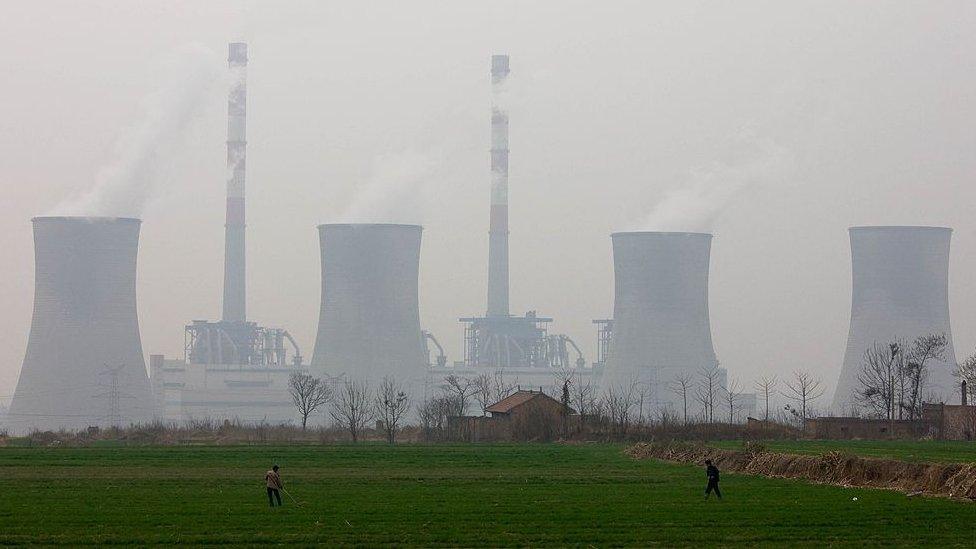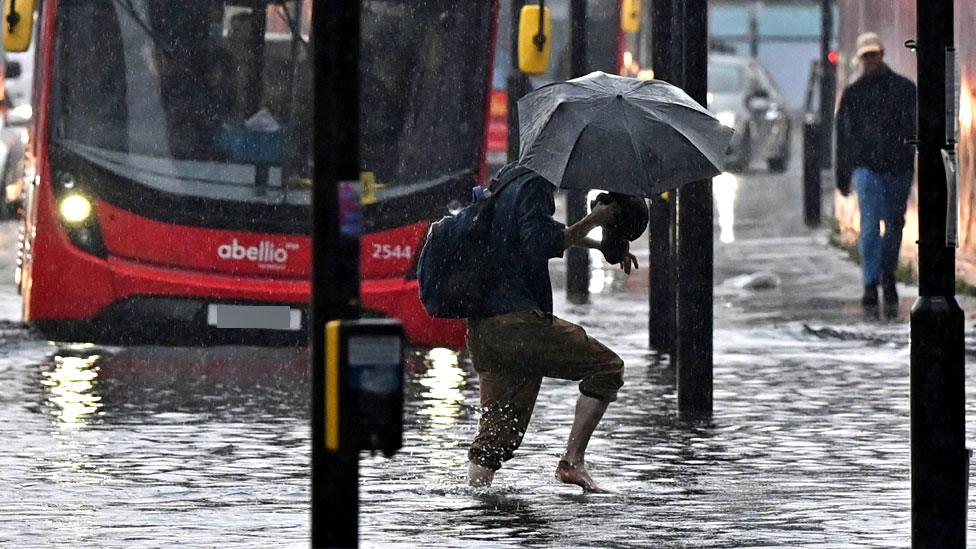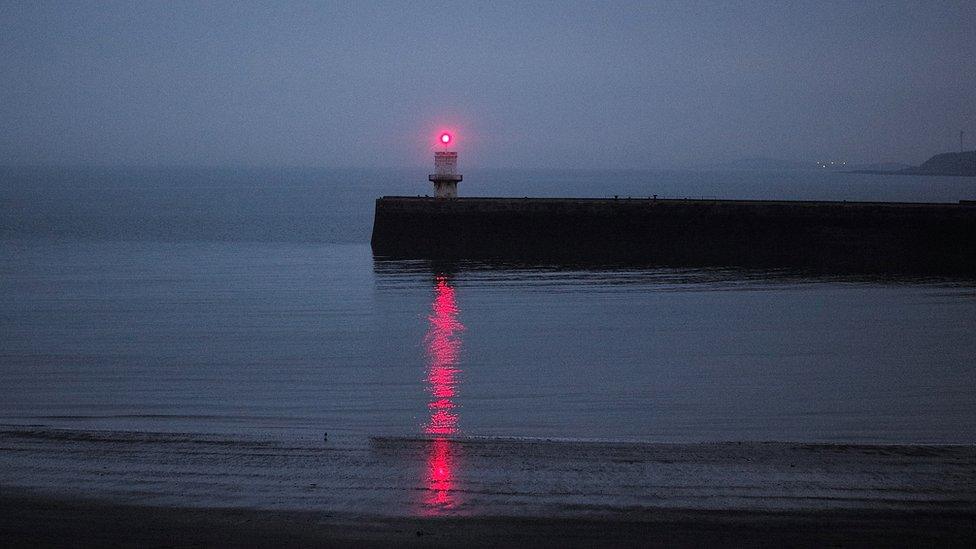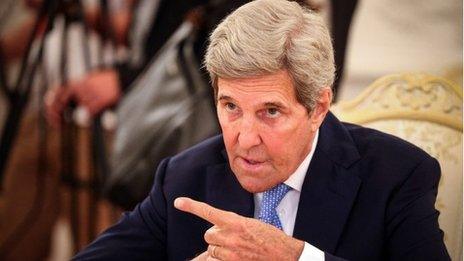Finance firms plan to close coal plants in Asia
- Published

Some of the world's biggest financial institutions are working on a plan to speed the closure of coal-fired power plants in Asia, the BBC has been told.
The initiative was developed by UK insurer Prudential, is being driven by the Asian Development Bank (ADB), and includes major banks HSBC and Citi.
The ADB hopes the plan will be ready for the COP26 climate conference, which is being held in Scotland in November.
The plan aims to tackle the biggest human-made source of carbon emissions.
Don Kanak, the chairman of Prudential Insurance Growth Markets, who developed the initiative, told the BBC: "The world cannot possibly hit the Paris climate targets unless we accelerate the retirement and replacement of existing coal fired electricity, opening up much larger room in the near term for renewables and storage."
"This is especially true in Asia where existing coal fleets are big and young and will otherwise operate for decades," he added.
Under the proposal, which was first reported by the Reuters news agency, public-private partnerships will buy coal-fired plants and shut them far sooner than their usual operating lifespan.
"By purchasing a coal-fired power plant with, say, 50 years of operational life ahead of it and shutting it down within 15 years we can cut up to 35 years of carbon emission," Ahmed M Saeed, ADB's Vice President for East Asia, Southeast Asia and the Pacific said.
The ADB hopes to launch a pilot programme in a developing South East Asian nation - potentially Indonesia, the Philippines or Vietnam - in time for the COP26 event in November.
A key feature of the initiative is that it aims to raise the money for the purchases at well below the normal cost by giving lower than usual returns to investors.
Aspects of the plan that are yet to be finalised include how coal plant owners can be convinced to sell them, what to do with the plants after they are closed, and what role if any carbon credits could play.
It comes as commercial and development banks and other major investors have become increasingly reluctant to back new fossil fuel power plants as they strive to meet climate targets.
Coal-fired electricity generation accounts for about a fifth of the world's greenhouse gas emissions, making it the biggest polluter.
The International Energy Agency has forecast that global demand for coal will grow by 4.5% this year, with Asia making up 80% of that rise.
Meanwhile, the International Panel on Climate Change has called for global coal-fired electricity generation to fall from 38% to 9% by 2030.
HSBC and Citi did not immediately respond to a request for information from the BBC.

You may also be interested in:
What is behind the extreme heat?
Related topics
- Published26 July 2021

- Published23 July 2021

- Published20 July 2021

